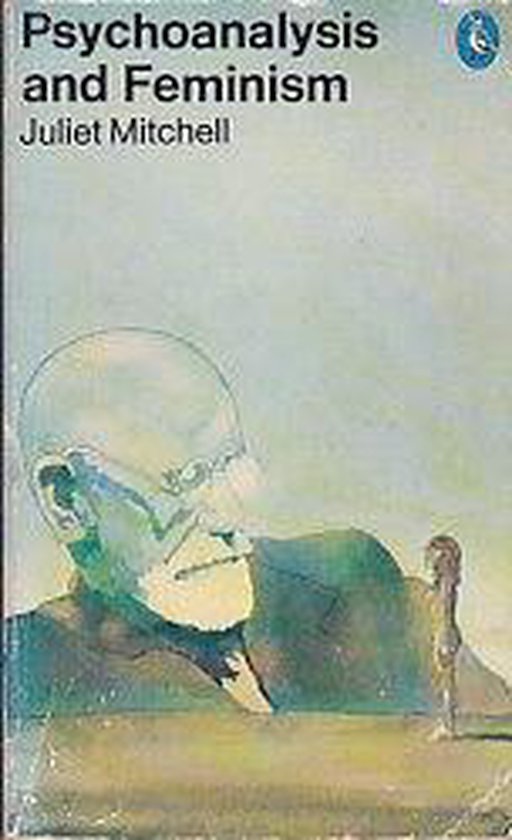
Psychoanalysis and Feminism
-
AuteurMitchell, Juliet
- Uitgeverij-
- Jaar-
'Psychoanalysis and Feminism' by Juliet Mitchell is a groundbreaking work that bridges the gap between psychoanalytic theory and feminist thought. Published in the 1970s, this book challenges traditional psychoanalytic perspectives by introducing a feminist critique, arguing that psychoanalysis and feminism are not mutually exclusive but can enrich each other. Mitchell meticulously examines the works of Freud and Lacan, reinterpreting their theories through a feminist lens to uncover the psychological underpinnings of gender inequality. This book is essential for anyone interested in the intersections of psychology, gender studies, and social theory, offering a comprehensive analysis that remains relevant today.
Beschikbare exemplaren
€15.95
GOED